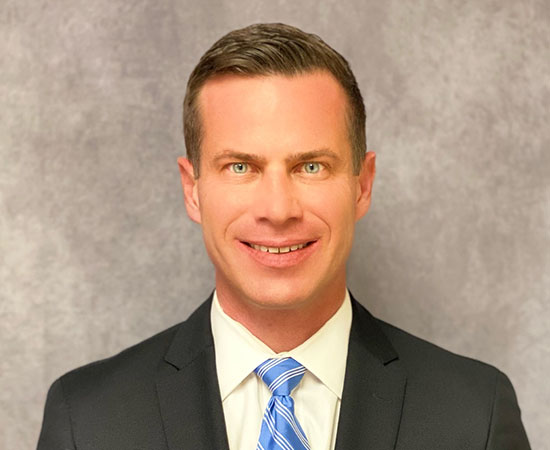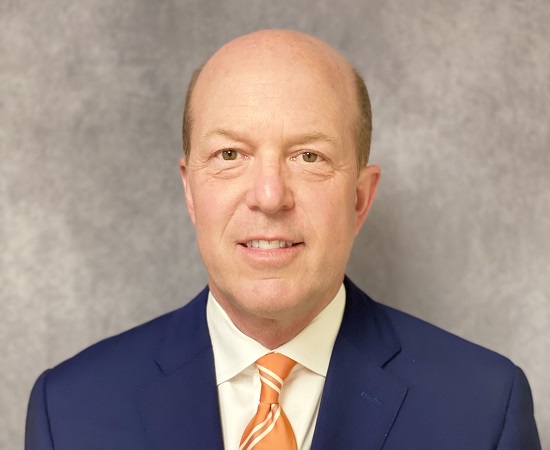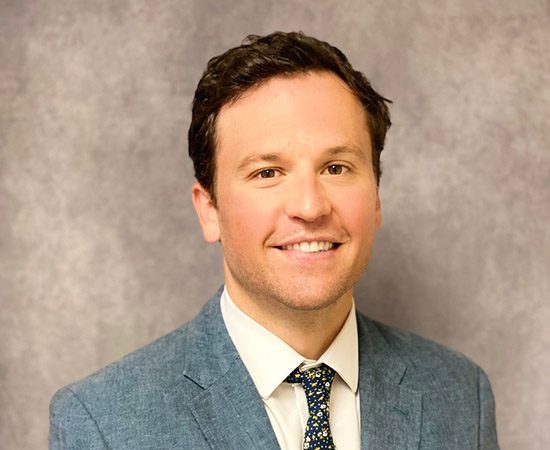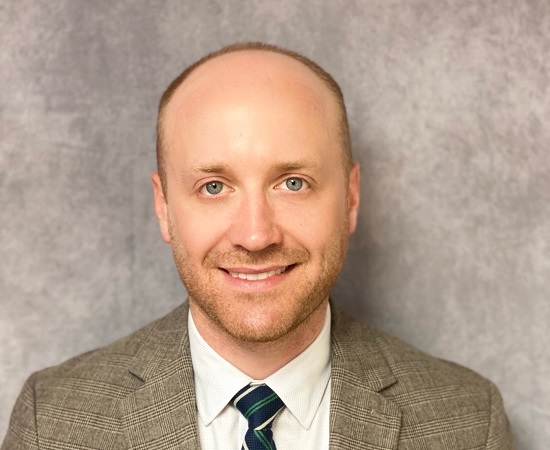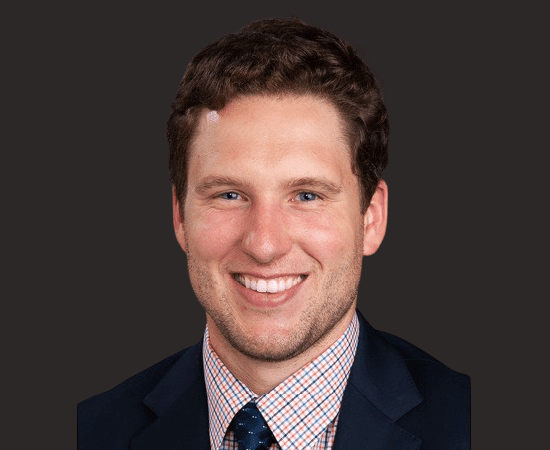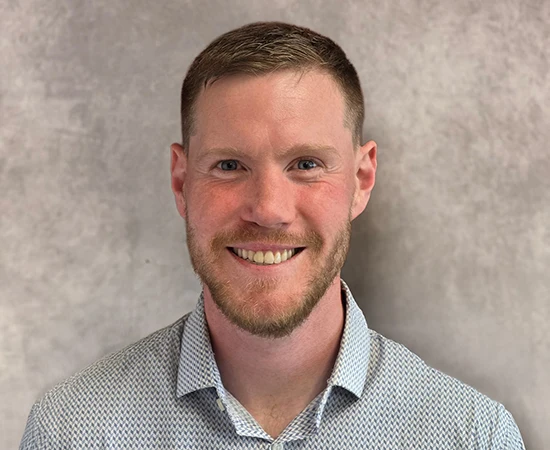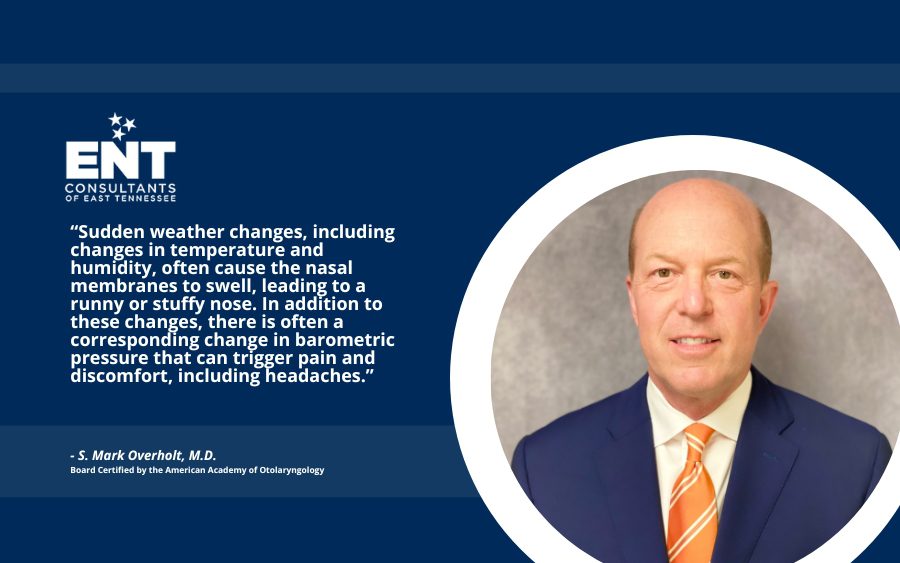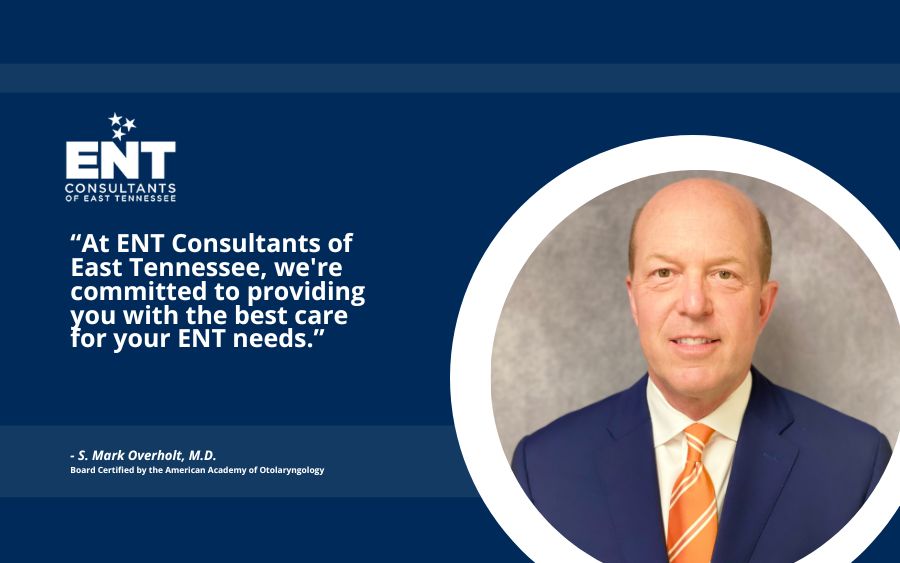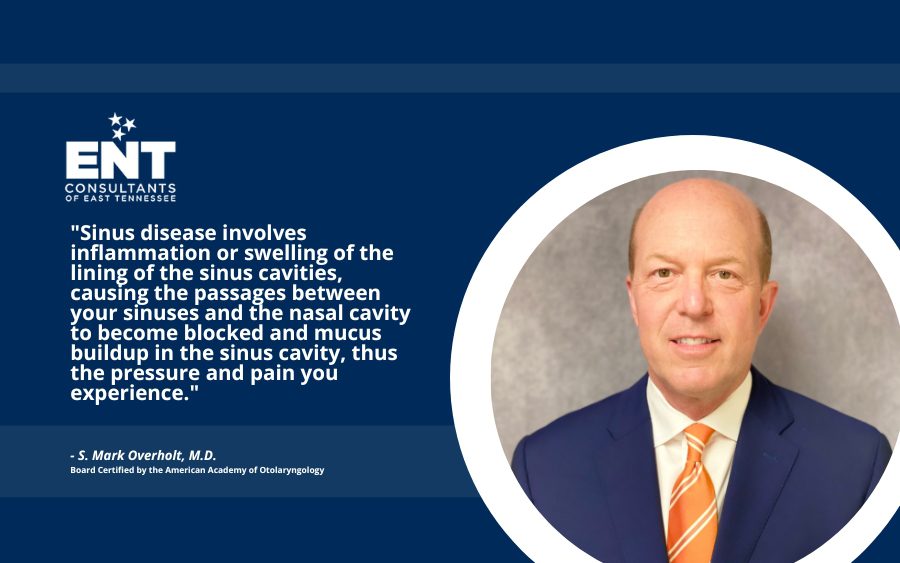Nose & Sinus
HOME / How we can help / Nose & Sinus
Trust Us with Your Nose and Sinus Care
About 31 million people in the US experience chronic sinusitis, accounting for more than 16 million outpatient visits on an annual basis. Those affected by ongoing sinusitis experience reduced productivity, difficulty going about their daily routine, and a decreased quality of life.
Struggling to breathe through your nose due to a sinus infection or other type of sinus disorder, is a serious matter that makes living your day-to-day life challenging and can contribute to other serious health concerns.
Most sinus-related conditions go away on their own within a few weeks, but when it is ongoing, your best solution for sinus challenges rests in the experienced hands of the ENT specialists at ENT Consultants of East Tennessee.
Common Nose and Sinus Disorders
There can be many reasons that make breathing through your nose a struggle, but our team of otolaryngology specialists have the expertise and advanced equipment available to diagnose your condition and customize a plan of treatment to address your specific needs. The most common nose and sinus disorders include:
What to Expect During a Nose and Sinus Consultation
Not knowing what to expect when you visit an ENT specialist for the first time can be intimidating, so here is what you can expect during a nose and sinus consultation with an ENT Consultants of East Tennessee otolaryngoligist during your visit.
We begin by taking the time to listen to you while we compile a thorough patient history and review your previous medical records. We will followup our initial conversation with a detailed physical head and neck exam, which includes the use of a nasal endoscope to evaluate your nasal and sinus cavity as well as your larynx.
To identify an infection, we may draw a culture from your sinuses and we are able to biopsy a polyp or mass in the office using the endoscope as well. Additional diagnostic measures may include a CT to provide us with a more complete picture of what is causing the nasal or sinus condition that is causing your discomfort.
Once we have identified the underlying cause of your symptoms, we will have an honest conversation with you about the treatment options available, allowing you to have input into determining the plan of treatment we decide to follow.
Meet Your Providers
Schedule an Ear, Nose and Throat Consultation
Your nose and sinuses play a critical role in smell, taste, breathing, swallowing, and other vital body functions. Functional limitations and disorders involving your nose and sinuses can contribute to additional, ongoing health concerns.
If you or a loved one is experiencing symptoms related to various negative nose and sinus conditions, get the help you need by scheduling an ENT consultation with one of our ear, nose, and throat specialists by submitting the form.


